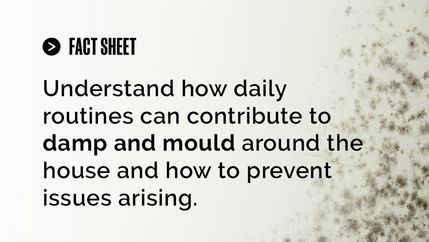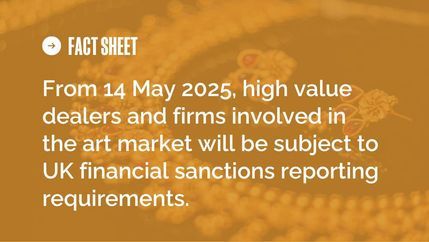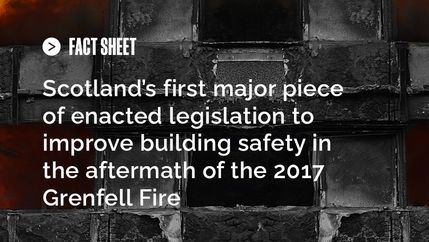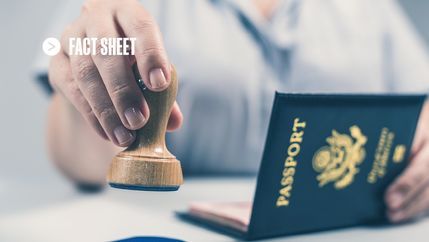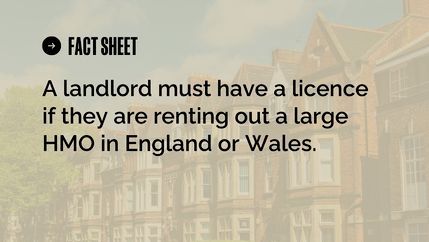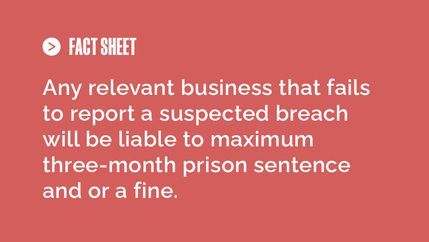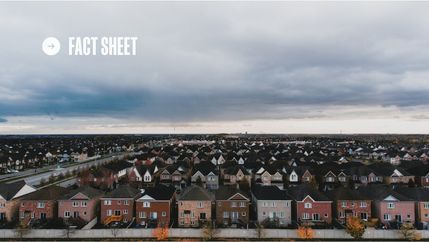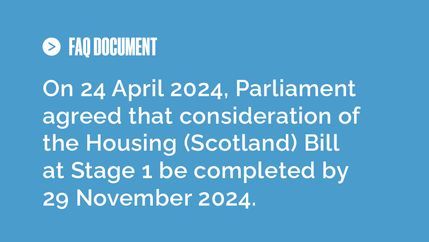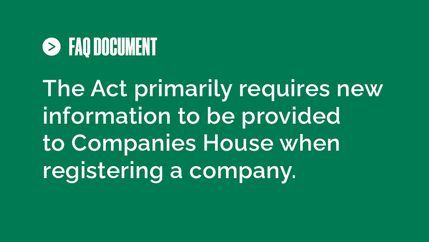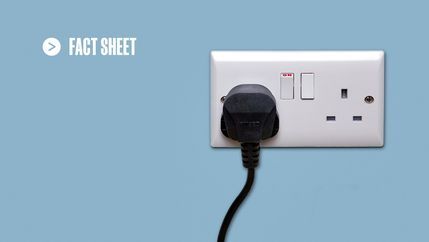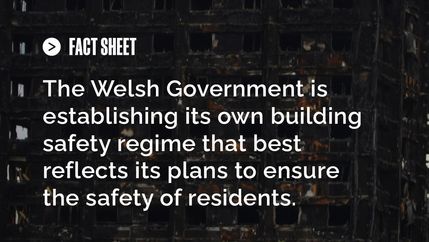Fact sheets and FAQs
Featured document
FAQ: Digital Markets, Competition and Consumers Act 2024 (Commencement No. 2) Regulations 2025
The Digital Markets, Competition and Consumers Act (DMCC Act) was enacted on 24 May 2024 and provides regulation of competition in digital markets, amending the Competition Act 1998 and the Enterprise Act 2002 and encompassing the protection of consumer rights and other related rights.
Fact Sheet: UK Sanctions Reporting Obligations for High Value Dealers
Under the Sanctions and Anti-Money Laundering Act 2018, the UK Government introduced a new regime of issuing financial sanctions following the UK’s departure from the European Union. Under the Act, businesses specified in the Act have to report to Office of Financial Sanctions Implementation (OFSI) if they suspect they are engaging with a client who is under financial sanctions.
Fact sheet: Spray foam installation
Spray Polyurethane Foam (SPF), commonly referred to as spray foam, is a liquid material used to insulate homes. An alternative to traditional building insulation, it's especially advantageous for improving energy efficiency through insulating difficult and tight spaces. However, consumers should carefully consider the impact it can have on valuations, lenders decisions and surveys.
Fact sheet: Housing (Cladding Remediation) (Scotland) Act 2024
A ministerial working group, established in 2020, sought to review the existing issues with cladding and found that the process for remediation was overly complex and was preventing the sale of homes. The Act is designed to help facilitate more buildings to have their cladding remediated to higher standards, so they are less likely to lead to further loss of life in the event of a fire.
Fact sheet: Right to Rent Immigration Checks
Under the Immigration Act 2014, since 1 February 2016, all landlords of private rented accommodation in England have been required to carry out Right to Rent checks for new tenancy agreements to determine whether all adult occupiers aged 18 and over have the right to live in the UK.
Fact sheet: Licensing of Houses in Multiple Occupation (HMOs)
In May 2015, the UK Government announced that they would extend mandatory licensing of HMOs to address poor conditions and overcrowding. Under the Housing Act 2004, an HMO is a property rented out by at least three people who are not from one ‘household’ but share facilities like the bathroom and kitchen.
Fact sheet: UK sanctions reporting obligations
Under the Sanctions and Anti-Money Laundering Act 2018, the UK Government introduced a new regime of issuing financial sanctions following the UK’s departure from the European Union. Under the Act, businesses specified in the Act have to report to the OFSI if they suspect they are engaging with a client who is under financial sanctions.
Fact sheet: Selective licensing
The Housing Act 2004 allows local authorities to apply for Selective Licensing of privately rented properties in areas which are experiencing low housing demand and/or suffering from anti-social behaviour. The same Act also introduced a new licensing regime for Houses in Multiple Occupation (HMO).
Fact sheet: Additional licensing
The Housing Act 2004 introduced licensing for Houses in Multiple Occupation (HMOs). Additional licensing is when a local authority can impose a licence on other categories of HMOs in its area which are not subject to mandatory licensing.
FAQs: Housing (Scotland) Bill
On 26 March 2024, the Scottish Government published the Housing (Scotland) Bill. The Bill is a significant piece of legislation that will have implications for letting agents and their landlords. Here we answer some of the most frequent questions about the proposals contained in the Bill.
FAQs: Economic Crime and Corporate Transparency Act 2023
After the invasion of Ukraine, the UK Government took steps to address growing concerns of money laundering and other economic crime from Russian and foreign entities operating in the UK or with UK companies. This led to the introduction of the Economic Crime (Transparency and Enforcement) Act in March 2022.
Fact sheet: Writing a risk assessment
Under the Money Laundering, Terrorist Financing and Transfer of Funds (Information on the Payer) Regulations 2017 (the MLRs) all Estate Agency Businesses and Letting Agency Businesses with properties that have a monthly rent that is the equivalent to 10,000 Euros or more, must produce a risk assessment.
Fact sheet: Leasehold and Freehold Reform Act 2024
The Leasehold and Freehold Reform Act 2024 makes a number of changes which will affect long term homeownership for leaseholds and homeowners on managed estates. Key changes within the Act include restricting the granting of new long residential leases for houses.
FAQs: Leasehold and Freehold Reform Act 2024
One in five properties in England (4.98 million) and one in six in Wales (235,000) are leasehold. The Leasehold and Freehold Reform Act 2024 follows the Leasehold Reform (Ground Rent) Act 2022 and makes a number of changes which will affect long term homeownership for leaseholds and homeowners on managed estates.
FAQs: Debt Respite Scheme, Breathing Space
The scheme provides a temporary period of respite from creditor action to help people in problem debt consider their options and engage with professional debt advice. The Scheme came into force on 4 May 2021, but qualifying debts can include any that the debtor had before the legislation started.
Fact sheet: 'Replacement of Domestic Items’ relief for landlords
In the Summer Budget 2015 the UK Government decided to introduce measures to change how landlord’s businesses are taxed. The Government’s aim was for the measure to alleviate the cost of replacing furnishings in a wider range of property businesses.
Fact sheet: Ivory Act 2018
The purpose of the Ivory Act is to prohibit commercial activities concerning ivory in the UK and the import and re-export of ivory for commercial purposes to and from the UK. This includes intra-EU trade to and from the UK.
Fact sheet: ‘Replacement of Domestic Items’ relief for inventory clerks
In the Summer Budget 2015, the UK Government introduced measures to change how landlords’ businesses are taxed. Their aim was to alleviate the cost of replacing furnishings in a wider range of property businesses.
Fact sheet: The Electrical Safety Standards for Private Tenancies Regulations (Northern Ireland) 2024
The Regulations introduce the requirement for landlords to ensure that electrical safety checks are conducted at a private tenancy and at regular intervals following the first inspection. Local authorities will also have the ability to serve notices to landlords if they believe the property does not have a valid inspection report.
Fact sheet: Building Safety
The Welsh Government has been taking steps to introduce new requirements for buildings at the occupation phase that go significantly further than the Building Safety Act 2022. The proposals extend not only to multi-occupied residential buildings of 18+ metres, but also multi-occupied residential buildings of less than 18 metres (with some exceptions).

